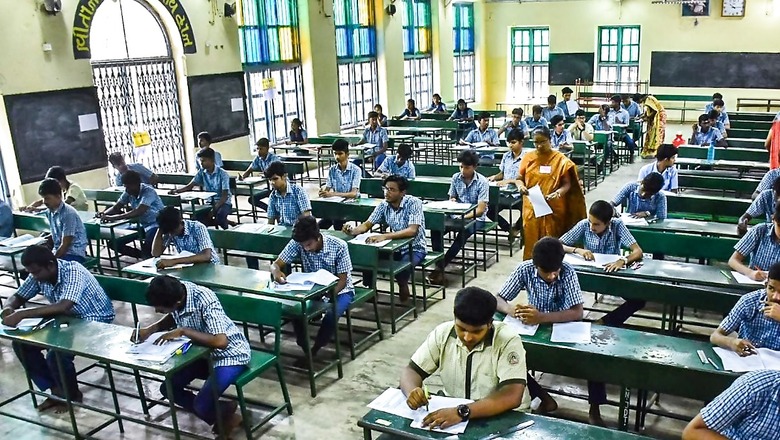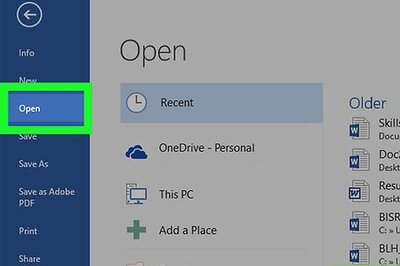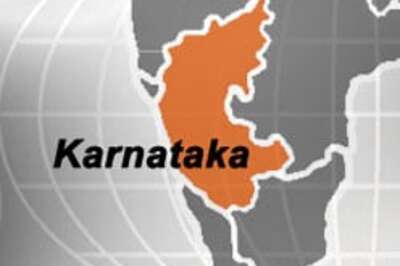
views
The Central Board for Secondary Education (CBSE) has now decided that the Open-Book Examinations (OBE) will be conducted only for classes 9 and 11 instead of classes 10 and 12, which have board exams. The pilot run for the same will be carried out in select schools during the year-end exams, the board’s secretary Himanshu Gupta said in an interview with News18.
The decision to conduct OBEs was taken by the Board in line with the National Curriculum Framework for School Education (NCF-SE) that envisaged assessing students on the ‘actual knowledge’ that they have gained during the course of an academic year, which was released by the union Ministry of Education (MoE) last August.
According to the CBSE secretary, the modalities for the open-book examinations are being “finalised” at present. The pilot study will be conducted during the final exams that take place at the end of the academic year in February-March.
“The open-book exam format will be conducted only for classes 9 and 11 and not for classes 10 and 12 boards exams, which was the case earlier. A pilot will be done first in select CBSE schools during year-end exams that are held in February-March,” said Gupta.
While the design for the pilot is still being worked out, as to how many schools will it be conducted in, he said, “We are yet to finalise how many schools will be there in the exercise, but it will most likely be more than 20-25 schools.”
Previously, the Board during its Governing Body (GB) meeting held in December 2023 had decided on OBE for classes 9 to 12. The minutes of the meeting stated that a pilot run for the study would be conducted soon.
During the meeting, it was decided to create the format of an open-book exam for all these classes for various subjects including English, Mathematics, Science, and Biology.
OBE format is being considered for senior classes to assess students’ higher-order thinking skills acquired over the year such as the ability to analyse and apply concepts as well as the understanding of a subject and problem-solving rather than just making it a test of their memory.
What is an Open- Book Exam? Has it been tested previously?
An open-book exam format allows students to take their notes, and study material along with them to the exam centre and refer to them while writing the exam.
This method of assessment has also been used by many Indian Institutes of Technology (IITs) during the semester exams, even before the COVID-19 pandemic, which forced many higher education institutions to use the format for assessing students in view of a disrupted academic calendar.
During the pandemic, in August 2020, Delhi University carried out an online open-book examination for its final-year undergraduate (UG) and post-graduate (PG) students despite opposition from various stakeholders to this mode of assessment.
An open book exam could be more difficult than a regular exam, as it tests your skills and understanding instead of your memory, which students largely rely upon.
Prior to this, the CBSE had experimented with a similar format —- Open Text-Based Assessment (OTBA) for the year-end exams of classes 9 and 11 from the academic year 2014-15 to 2016-17. However, it was scrapped following negative feedback from stakeholders.
The Board while deciding on OBE had also said that once a pilot is done and evaluated, all stakeholders will be consulted before it is adopted as a mode of assessment for students’ performance.



















Comments
0 comment